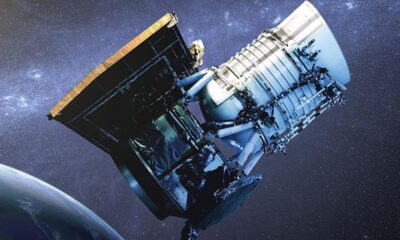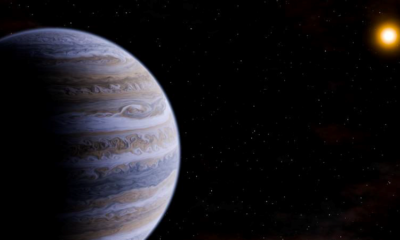

New Flexible Substrate Material Developed at MIT, University of Utah, and Meta Promises Advances in Electronics and Recycling


NEOWISE has been on a mission to focus on detecting near-Earth objects (NEOs), including comets and asteroids, that pose a potential collision risk with Earth.


NASA’s Perseverance rover has found a fascinating rock that has some indications it may have hosted microbial life billions of years ago, but further research is...


The planet, named Epsilon Indi Ab, is the first directly imaged mature exoplanet close to the Earth. The astronomers discovered a planet through Direct Imaging techniques...


It takes nine months to travel from Earth to Mars. But the moon can be reached in three days. Such migrations may occur. But only after...


HD 189733 b is a gas giant situated about 64 light-years away in the Vulpecula constellation


The potential benefits of fusion energy are enormous. It could provide a nearly limitless supply of energy, reduce our reliance on fossil fuels, and help combat...


MIT physicists propose that in the first quintillionth of a second, the universe may have produced microscopic black holes with immense nuclear charge.


The newfound celestial body is the second-lightest planet discovered to date.


Three stars circling the Milky Way’s halo came into existence 12 to 13 billion years ago.